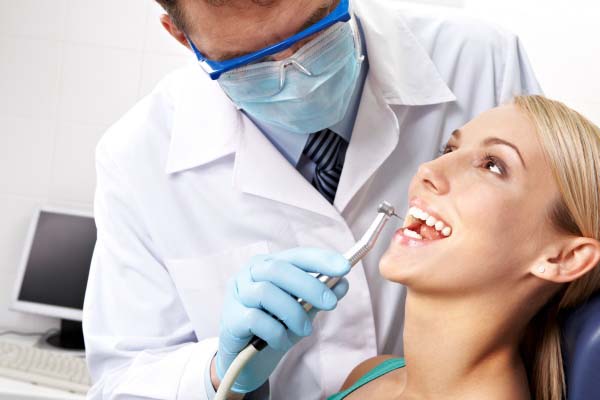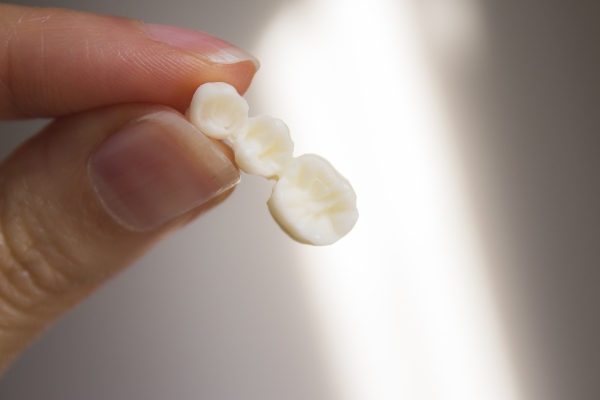What You Should Ask Your Oral Surgeon

Prior to a patient undergoing a surgical procedure, their oral surgeon will tell them what to expect during and after the procedure. However, the patient also needs to ask questions of their own so they will be comfortable with their decision to undergo the procedure.
What to ask your oral surgeon before undergoing treatment
Some of the most important questions patients should ask their oral surgeon include:
Have you performed this surgery before?
This question is not meant to insult the surgeon. Instead, it should be asked so that the patient will know if the surgeon they chose for the procedure has any experience performing it. If they do not, then the patient can continue looking around for an experienced doctor to perform the surgery.
If the oral surgeon has performed the procedure in the past, then the patient can gain valuable insight on what to expect and feel more at ease with the surgeon.
Are they oral and maxillofacial surgeons?
General dentists are allowed to perform surgeries, but they do not have the same level of training that an oral surgeon has. That is why it is important to ask if they are general dentists or oral surgeons. Even though a general dentist can perform the procedure, more people will be comfortable going with someone who specialized in the field.
What will happen during the procedure?
The oral surgeon will not go into every single detail about the procedure. However, they will let the patient know what they are trying to achieve and how they plan on doing so. They will also be able to let the patient know how long they expect the procedure to take and if the patient will need to have someone come in with them to drive them home after the procedure.
What is the recovery timeframe?
This is an important question for patients to ask because they need to be able to adjust their schedule accordingly. If the recovery time is expected to be a week or two, they will be able to take some time off work so they can recuperate. If the surgery is minimal and does not require any recovery time, they will be able to go on with their lives without any interruptions.
Will there be any restrictions?
This question can apply to a few things. It can apply to the patient’s ability to resume physical activity, the type of food they have to eat or anything that the surgeon requires them to do so they can be back on their feet in no time.
What type of anesthesia will be used?
Patients should ask their surgeon about the anesthesia that will be used during the surgery so they know what to expect. If the oral surgeon plans on using local anesthesia, it means they will be awake during the procedure. If they plan on using general anesthesia, they will be unconscious during the procedure.
The patient should make sure they are comfortable with the anesthesia options before they go under the knife.
Conclusion
If you plan on undergoing oral surgery, it is important to ask your oral surgeon about the procedure to help you feel more comfortable about it. If you are not sure what type of question you should ask, these questions should help you get started.
Request an appointment here: https://www.mysaratogadentist.com or call My Saratoga Dentist PLLC at (518) 675-3094 for an appointment in our Saratoga Springs office.
Check out what others are saying about our services on Yelp: Read our Yelp reviews.
Recent Posts
Dental bridge placement will need two visits. The patient will go through a short process that will not be invasive at all. The result will improve the patient’s dental and general health. Knowing the placement process for this restoration can help prepare you for your next visit. Here is the placement process for a dental…
Single-tooth replacement is important for oral health and the appearance of the smile. The dental bridge is one of the most popular options for individual tooth replacement. Here is a closer look at why single-tooth replacement is crucial and the advantages of a dental bridge.Having just one missing tooth visible when smiling can make someone…
A dental bridge is a tooth replacement option designed to fill in the gaps in your smile caused by missing teeth. Dental bridges restore the basic functions of biting and speech as well as the visual appeal of your smile. This guide explains the dental bridge procedure and how it works to replace lost teeth.Dental…
Getting a dental bridge for many missing teeth can renew your dental functions and oral health. It can even give you better self-esteem, knowing that your smile is complete. Your dentist will make sure that your restoration will feel and look natural. Here are the details when it comes to considering a dental bridge for…


